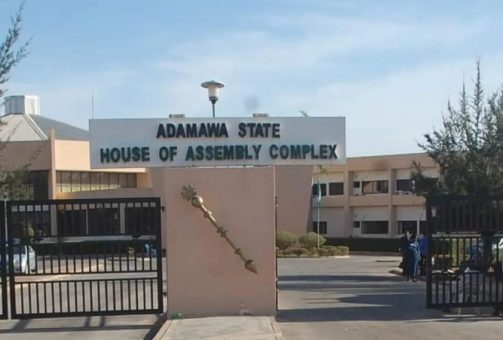
In 2023, the elimination of the subsidy on Premium Motor Spirit (petrol) had significant repercussions on the statutory revenue allocations from the Federation Account, affecting all levels of government. According to recent data released by the Nigeria Extractive Industries Transparency Initiative (NEITI), these changes resulted in a notable increase in revenue, amounting to N10.14 trillion, which was distributed among federal, state, and local governments. This marked a substantial rise of N1.93 trillion compared to the previous year.
NEITI attributed this surge directly to the removal of petrol subsidy by President Bola Tinubu, initiated in May 2023. The subsequent rise in petrol prices, soaring from N198/litre to approximately N500/litre, immediately impacted revenue streams. The Nigerian National Petroleum Company Limited implemented the removal, leading to subsequent price increases, with costs reaching up to N617/litre in certain areas.
Dr Ogbonnaya Orji, NEITI’s Executive Secretary, emphasized the importance of the NEITI FAAC Quarterly Review, aiming to enhance public comprehension of Federation Account allocations and disbursements. These disclosures aim to bolster knowledge, awareness, and public accountability in financial management.
The breakdown of revenue allocations illustrated that the Federal Government received N3.99 trillion, while states and local governments obtained N3.585 trillion and N2.56 trillion, respectively. Comparing these figures to the previous year, there was a significant increase across the board, with a total of N1.934 trillion or 23.56% more disbursed in 2023.
Furthermore, the report highlighted the varying increases experienced by each tier of government, largely influenced by different revenue streams contributing to the Federation Account. While the total increase in revenue was uniform, the proportions differed among federal, state, and local governments.
The review delved into specific quarterly increments, with notable rises in each quarter compared to the previous year. States with significant oil resources received substantial allocations, with Delta State leading the pack. The distribution of 13% derivation revenue also underscored the financial dynamics within mineral-producing states.
However, the report highlighted challenges in revenue generation from the solid minerals sector, emphasizing the need for economic diversification and enhanced fiscal management. It recommended conservative estimates for crude oil prices, investment in economic diversification, and tackling insecurity to foster growth and stability.
In conclusion, NEITI’s findings shed light on the intricate interplay between subsidy removal, revenue allocations, and government fiscal policies, urging concerted efforts towards economic resilience and stability.






